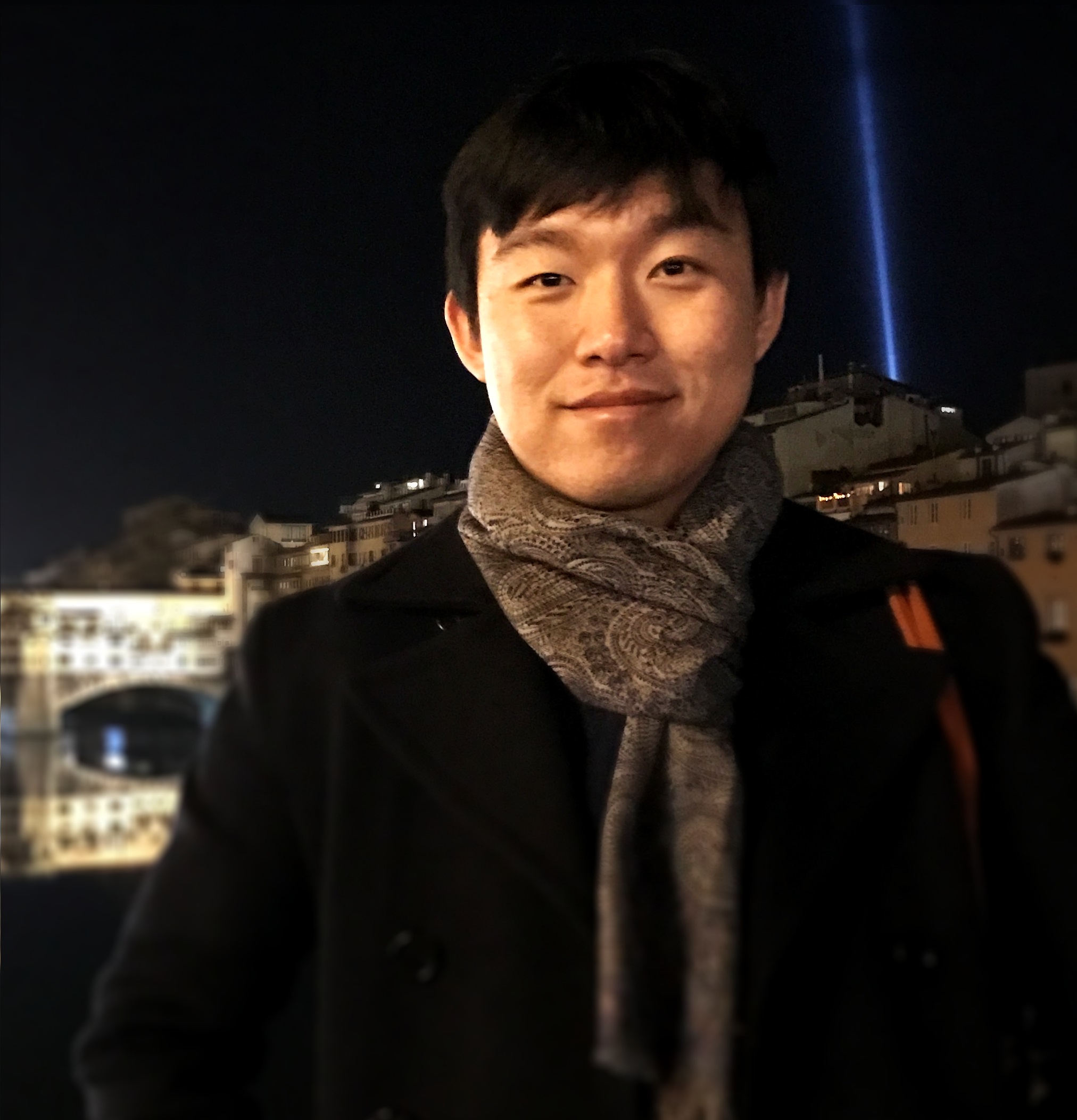
Hogeun Park
PhD Candidate, Michigan State University
Landscape Ecology & Ecosystem Science (LEES)
Google Scholar | LinkedIn | Research Gate parkhoge@msu.edu
Awards & Services- Environmental Science and Policy Program (ESPP) Network Fellow (2017)
- National Aeronautics and Space Administration (NASA) - Michigan State University (MSU) Professional Enhancement Award (2017)
- National Socio-Environmental Synthesis Center (SESYNC) Graduate Fellow (2016)
- Bailey Scholar Graduate Fellow (2015-2017)
- KDI - The Asia Foundation, Asia Development Fellow (2015)
- Korea Academy of Government-Supported Scholars (KAGS) (2013)